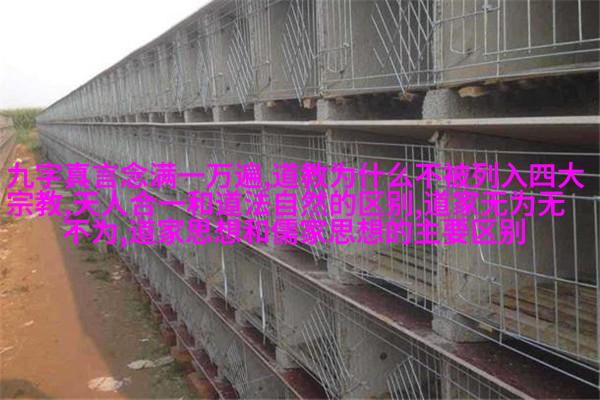在云南省丽江市宁蒗彝族自治县与四川省凉山州盐源县之间的泸沽湖地区摩梭人,以及云南红河县大羊街哈尼族叶车人和香格里拉鲜水河峡谷扎坝人中。保留着我国古代母系氏族社会的生活遗踪,即“男不娶,女不嫁”的“走婚”文化习俗。虽然几个地方的“走婚”在内容和形式上有一些不同,但总体上是大同小异。其中尤以泸沽湖地区摩梭人的“阿夏”婚最具代表性,影响也最大。

马游坪彝族曾经存在的超哩若麦哩卓关系与泸沽湖地区摩梭人的走婚制度都是原始社会时期对偶婚留下的遗迹,有共同之处,也有不同的地方。文章在对马游坪彝族倮倮颇全面介绍基础上,对两者进行了对比探究。
cP3 彝族文化网络博物馆

一、马游村基本情况
位于姚安县西北部山区东距姚安县城30公里,西距大理州祥云县界约10公里,全村辖14个自然村村民小组,总面积58平方公里共有农户578户、人口2223人,该村主要是以彣族为主聚居村落,彣族人口占97.3%。

二、马游坪地区婚姻习俗
曾经长期存在着超哩若麦哉卓关系和正式结婚两种同时并存的婚姻习俗,在解放后随国家第一部《婚姻法》的颁布实施,加之各级政府强力干预,“超哩若麦哉卓”逐渐减少。但到上世纪七十年代末,这种婚俗依然还有少量存在。

(一)关于超哩若麦哉卓关系
"超哧"是男青年或男人,“若麦喵"是女青年或女人,“卓"就是找的意思。一种纯粹以爱情为基础,以为目的,不受双方各自家庭限制,夜合晨离'走' marriages'.这种习俗多以男方访宿女方居住的小房子作为主;也偶尔兼有女方访宿男方住处或野外野宿的情况。这是一种建立superior relationship of the male and female without being considered as formally married but socially recognized and not violating local customs. They call each other "superior man or woman". They do not have a common economic life nor form a family; their relationship is achieved through the "superior man visiting the superior woman's residence in her sleeping quarters". According to traditional habit of the people called "Lute Lute", girls are considered adults at age 11 or 12 and qualified to engage in relationships with men. Their parents will build a small house outside their home for them to live in, which they call "sleeping quarters" or "girl's room". Even after marriage, they continue to live in these sleeping quarters for a long time before returning home. When they return home from their husband's place, they also stay in his sleeping quarters outside his main door.

This article explores the unique marital habits of Maoyun Village and compares them with those of Mosuo people around Lake Lugu by using data from various sources including interviews with elderly villagers, literature reviews on anthropology books about ethnic minority groups living along riverside areas near Yunnan Province’s Dali Prefecture bordering Sichuan Province’s Liangshan Yi Autonomous Prefecture region known as 'The Lost Kingdoms', historical documents written during Qing dynasty period when Chinese Empire was expanding its borders into frontier regions inhabited by indigenous peoples such as Mongols & Tibetans etc., historical records kept by Tibetan Buddhist monasteries situated within close proximity where these tribes lived nearby like Jokhang Temple located near Lhasa city center which houses sacred scriptures that contain knowledge passed down through generations since ancient times up until present day - all this information gathered together provide insights into how different cultures interacted over time leading towards understanding what we know today!



